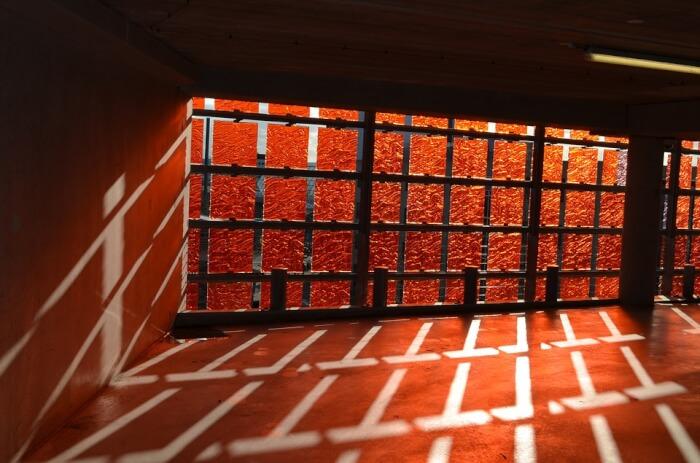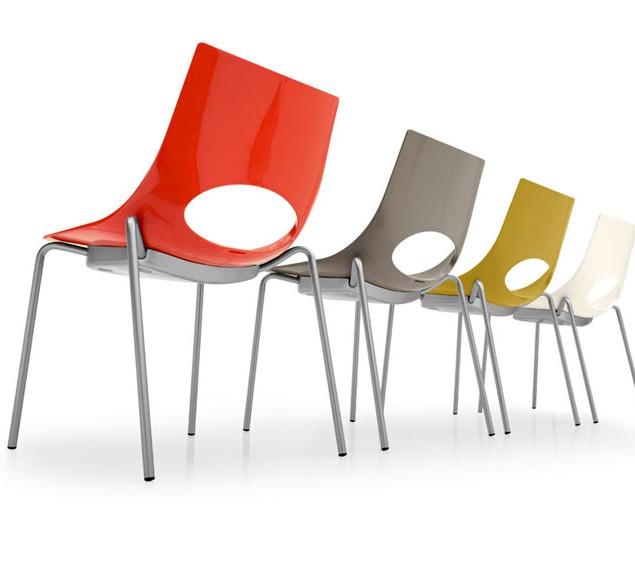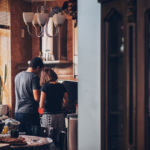When it comes to powering your home or business, you have many choices. While you can connect to the natural grid, you can also use backup power in form of a generator. Another way to power your premises is by the use of photovoltaic cells which are typically referred to as solar panels.
Photovoltaic panels make use of energy from the sun and it converts this to electricity. The benefits of this type of renewable energy source cannot be overstated. It is inexhaustible, clean, cheap and easy to maintain. You may even be able to get some incentives for installing it.
Asides from all of these, it also helps you to lower your carbon footprint and reduce your energy bill. You can see more on this here.
While all these are great, switching to using solar energy takes some planning and considerations. There are many types of solar panels to choose from and also you may need to consider other associated factors along the way.
It can be quite intimidating and overwhelming if you are new to this but it does not have to be so. This article aims to provide a guide on how you can buy and install solar panels in Cape Coral for your home or business.
Solar Panel Buying Guide
Buying a wrong or inappropriate solar power system can leave you frustrated. This is because the initial outlay can be pricey and all the work done would have come to naught. You will need to restart the whole process again and would have wasted time and money. To avoid these, here are things to consider when buying and installing panels.
The Type of Solar Panels You Need
Solar panels come in different sizes, types, capacities and shapes and they are not all the same. They usually come as either monocrystalline or polycrystalline thin film. You will need to consider factors like the performance, durability, as well as warranty of the panel before you choose one.
All of these will vary as some panels may be better suited to your needs than others. Additionally, some panels are fitted to an existing roof but some solar slates and tiles can blend into a roof. The latter ones are more expensive.
You will also find panels that can generate electricity from two sides. These are referred to as bifacial. What is important is that you carry out your research. You can get some helpful resource from Your Solar Spot to help in your decision-making.
How Many Panels Will You Need?
The number of panels you require will be determine by the amount of electricity you need to generate. It will also be determined by how much space is available to you and by the insolation you have where you live. Insolation talks about the number of hours in a day that the panel can produce its rated output based on your locality. This is different from the number of daylight hours.
Solar panel capacities are typically measured in Watts, kilowatt-hours, or kilowatt peaks and the most common ones are between 3.6-4 kWp. Some factors that can affect the output of your panel include:
- Location
- Orientation
- Direction of shade
- Weather
- Roof temperature
- Presence of clouds
It is important that you do not buy a system that is too large except you have a way to redistribute or store it. To know the right capacity to buy, you should begin by computing your average monthly or daily electricity usage. Divide this by the insolation in the area you live. You will find several solar energy calculators online that can help you out with this.
Check To See If You Need A Permit
There are different rules for every state, city and county. It is therefore wise to know about the building regulations of wherever you live and how it affects solar panel installation. This will help you know how to get with the permits if any.
You should bear in mind that permits may take a while to submit as well as to get. It is, therefore, necessary to start early. Anyway, purchasing solar panels is not a thing to rush into. While you do your research, you can find out about any permits and how to process them.
Consider Costs and Financing
Although in the long run, installing solar panels is cheap and rewarding, the initial installation may be expensive. However, you will need to consider the costs involved and see how to go about handling these.
You may want to pay the up-front cost outrightly or you can get a loan to finance the purchase. Some suppliers may allow you to pay in installments which will make it easier for you to purchase the system. In some cases, you may even be able to rent solar panels instead of buying them.
If you are financing, make sure to factor in the interest rates and how this will accrue later. You may also need to hire and pay a contractor to install the panels as well as pay for permits. You will find more tips on buying them here https://easysolar.guide/factors-to-consider-when-buying-solar-panels/.
Conclusion
Purchasing and installing solar panels takes patience, research and a lot of consideration. While it comes with a lot of benefits, you do not want to rush to buy an inappropriate one. It is therefore imperative to consider the factors above and more. Additionally, talk to experts and other experienced stakeholders and users as this will also help you in making the right decision.









